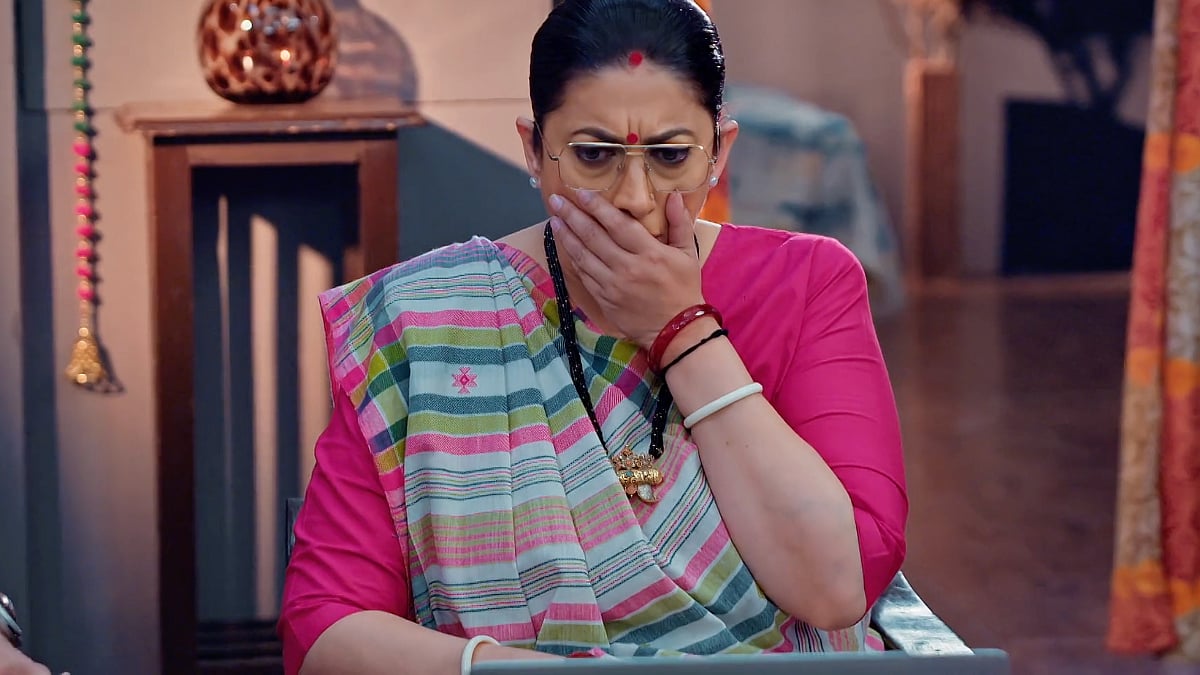In a highly competitive world with severe inequities, maintaining good mental health is turning into a major challenge. The treatment access gap for mental health problems in India is an estimated 70% to 92%, and about 230 million people live with mental disorders, ranging from anxiety and depression to psychoses and other serious conditions.
Given the low ratio of psychiatrists to population—0.75 per 1 lakh against the World Health Organisation norm of 3—and their concentration in cities, the national response to this growing public health crisis needs to urgently scale up. It is welcome that Prime Minister Narendra Modi has called for mainstreaming of mental health on the occasion of World Mental Health Day.
This is an opportune moment to review the National Mental Health Programme with its district-level framework and the workings of the National Mental Healthcare Act, 2017, the Rights of Persons with Disabilities Act, 2016, TeleMANAS, the telehealth programme for care seekers, and the National Suicide Prevention Strategy.
India’s public health framework is centred around the district hospital network, and 10 beds are to be provided under existing policy for mental health care in these institutions, now covering 767 districts, besides outpatient services, counselling and suicide prevention initiatives.
In practice, all district-level healthcare is patchy and for mental health, it is ill-equipped to meet the need in populous areas; access to qualified counsellors and medications is uneven. These are serious gaps that require urgent and systemic interventions.
Destigmatising mental health and mainstreaming it requires a sustained campaign to change sociocultural attitudes. Actor Deepika Padukone’s open discussion on her battle with depression encouraged many to seek help for their own struggles. Making policy to relieve economic pressures that weigh heavily on youth, women, farmers and the elderly is in the realm of the government.
Distressingly, 10,786 farmers took their own lives in 2023. Earlier research on this group pointed to economic reasons as the cause, including debt, crop failure and institutional neglect. Women fall in an ‘invisible’ category too, as they endure difficulties within marriage, often leading to anxiety and depression.
More broadly, as the Belgian clinical psychologist Paul Verhaeghe pointed out through research, the rising feeling of isolation and helplessness appears rooted in a market economy promoting individual success and wealth at all costs.
Such self-centred attitudes weaken community structures so vital to nurture healthy minds. India’s cities are also increasingly dysfunctional, as urbanisation is not matched by the provision of affordable housing, green open spaces, clean air and smooth mobility, which are social determinants of positive mental health.
Personalised counselling services need to be made affordable and accessible in cities, going beyond telehealth, and covered by tax-funded social insurance. Training more medical professionals to offer clinical and support services is basic to mainstreaming mental health.




